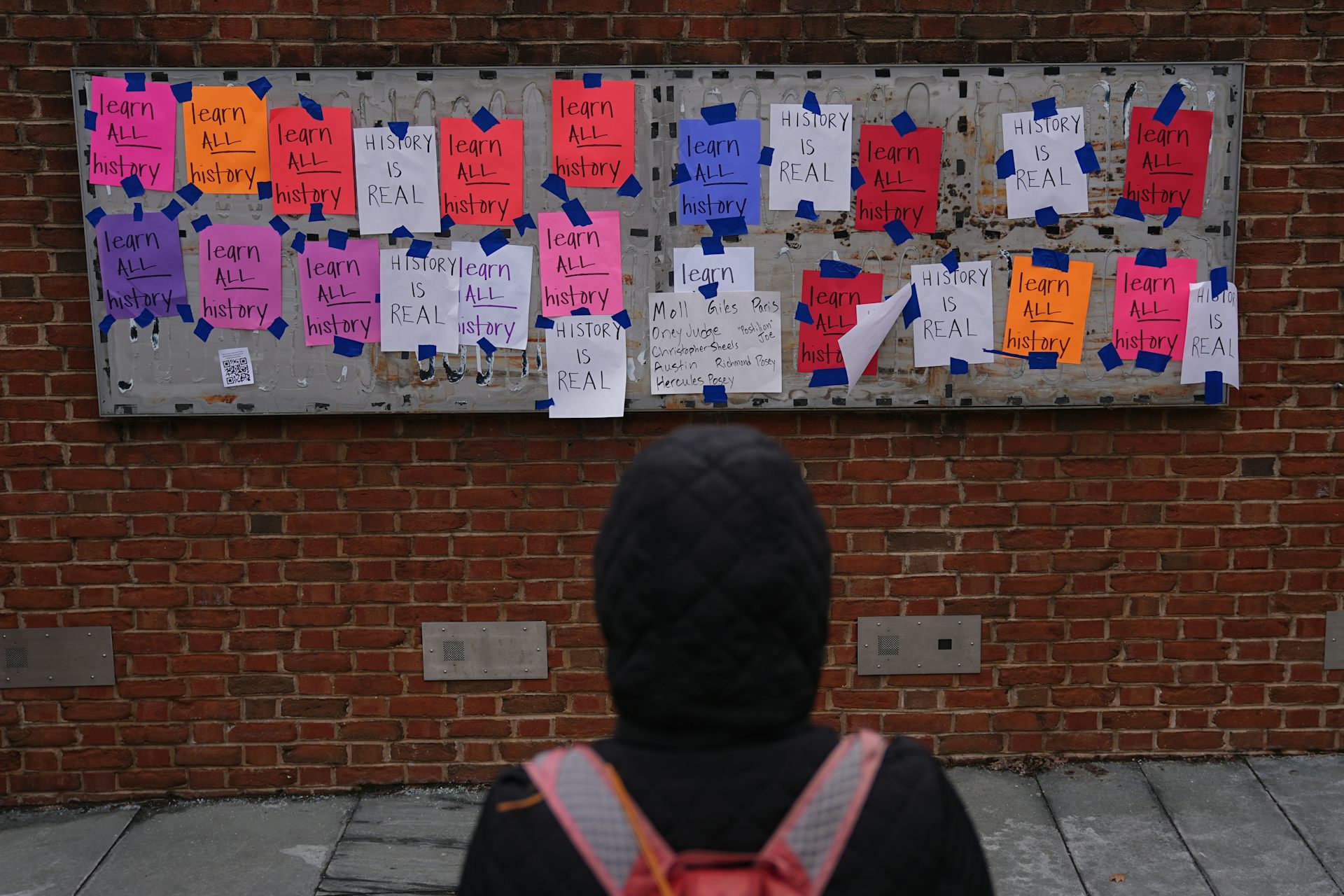Should we celebrate Karl Marx on his 200th birthday?
A scholar of literary radicalism asks whether Marx's writings are at all relevant to the world's struggles with inequality today. He's no longer being relegated to the dustbin of history.

Some would argue that Karl Marx, author of “Capital,” has been proven wrong on just about everything he wrote. The founder of scientific socialism was born 200 years ago on May 5.
These naysayers would point out that Soviet socialism imploded decades ago, and that China is heading merrily down the capitalist path. Marx and his collaborator Friedrich Engels wrote in “The Communist Manifesto” that the capitalist ruling class “produced its own grave-diggers” in the proletariat – that is, the working class. However, we have yet to see workers pick up the shovel and bury capitalism once and for all.
Activists seeking to combat injustice and inequality, it can be argued, have turned not to class struggle but to social movements focused on gender, sexuality, race, ethnicity and the environment. “Intersectionality” – the notion that people are defined by multiple identities, where class is just one among many – would seem to have a lot more appeal today than the effort to end “exploitation.”
However, as a scholar of Marxist theory and practice, I find that such announcements of the death of Marxism are premature.
Marx’s message is still relevant
In the wake of World War II, various economists heralded the narrowing of the gap between the richest and the poorest as evidence of the disappearance of class antagonisms.
But the long curve of capitalist development suggests that has widened, as illustrated in economist Thomas Piketty’s book “Capital in the Twenty-First Century.”
The candle of the 2012 Occupy movement may have guttered, but its mantra of the 99 percent opposing the 1 percent is now a truiusm. Everyone knows that the super-rich are richer than ever, while for most of the working-class majority – many of them caught in the uncertainty of the “gig economy” – belt-tightening has become the new normal.
Those laboring in the formal and informal economies of much of Asia, Africa and Latin America, needless to say, face conditions that are far more dire.
Marx was correct, it would seem, when he wrote that capitalism keeps the working class poor.
He was also spot-on about capital’s inherent instability. There is some validity to the joke that “Marxists have predicted correctly 12 of the last three financial crises.”
Marx’s reputation has made a startling comeback, however, at times in unexpected circles.
In discussing the 2008 financial meltdown, one Wall Street Journal commentator wrote: “Karl Marx got it right, at some point capitalism can destroy itself. We thought markets worked. They’re not working.”
In 2017, the National Review reported that a poll found as many as 40 percent of people in the U.S. “now prefer socialism to capitalism.”
Notably, too, the C-word – Communism – has been making a reappearance, as is indicated by recent series of titles: The Idea of Communism,“ ”The Communist Hypothesis,“ ”The Actuality of Communism,“ and ”The Communist Horizon.“ Until recently, the word was largely avoided by neo- and post-Marxist academics.
Class analysis remains alive and well. This is because capitalism is no longer as seemingly natural as the air we breathe. It is a system that came into being and can also go out of being.
Is a better world possible?
To say that there are threads connecting the present to a possible future of universal human emancipation is not to state that capitalism will collapse by itself. People have to make this happen.
Those who would like to see the world move through and past its present state face huge challenges, both theoretical and practical. Not least among these challenges is the need to parse out what succeeded and what failed in the past century’s attempts to create egalitarian societies.
But Marxism is not equivalent to everything that has been performed in its name. Marx’s work remains the most compelling framework for analyzing how the conflicting tendencies in present-day society contain the seeds of a more humane future.
Thanks, Karl. And, happy birthday.
Barbara Foley does not work for, consult, own shares in or receive funding from any company or organization that would benefit from this article, and has disclosed no relevant affiliations beyond their academic appointment.
Read These Next
Bad Bunny says reggaeton is Puerto Rican, but it was born in Panama
Emerging from a swirl of sonic influences, reggaeton began as Panamanian protest music long before Puerto…
Honoring Colorado’s Black History requires taking the time to tell stories that make us think twice
This year marks the 150th birthday of Colorado and is a chance to examine the state’s history.
Crowdfunded generosity isn’t taxable – but IRS regulations haven’t kept up with the growth of mutual
Some Americans are discovering that monetary help they received from friends, neighbors or even strangers…






